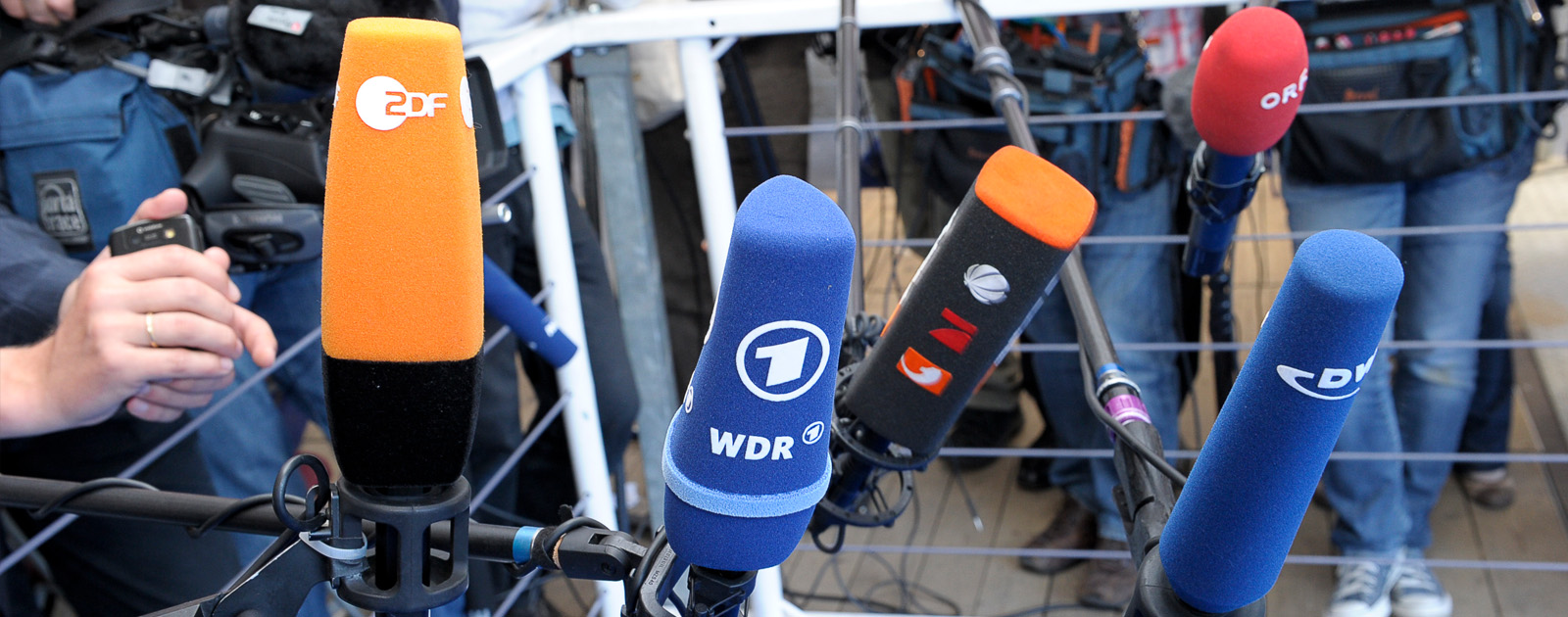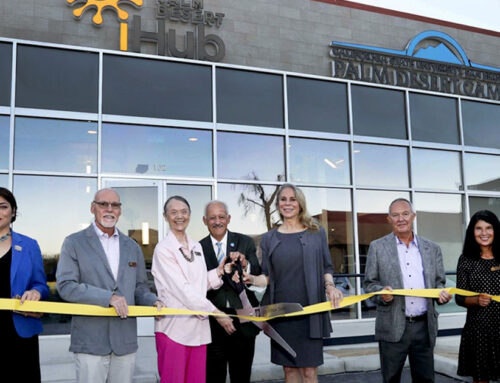Thinking about public relations (PR) for your small business can be daunting. You may think that your business won’t ever get any news coverage. But even if that were true, there are reasons to uncover the compelling stories within your business. To help local small businesses and nonprofits learn some of the tricks of the trade, we invited PR expert Sydney Weisman to a recent Small Business Forum. In addition to a handful of highly entertaining stories – we laughed, a lot! – Weisman shared some PR essentials for earning local and national coverage.
Public Relations Essentials
- Be an active consumer of news media. If you don’t watch the nightly news, how will you know what types of stories they cover? Similarly, you’ll learn what the newspaper is interested in covering by reading it. You’ll also learn which journalists are covering which topics. If there’s one thing for you to do to get started with a PR strategy, this is it.
- To make a story interesting, you’ll need to identify a unique angle. If your business makes delicious cookies, that’s just wonderful, but deliciousness alone does not make a compelling news story. Is there something special about your ingredients, your location, or the people who work for you? Identifying the unique aspects of your small business will help form the basis of your public relations strategy.
- Be a resource for local media. In today’s 24-hour news cycle, good reporters and media outlets are hungry for quality stories. Even if your business or activity isn’t picked up for coverage, don’t be afraid to refer the media to others. Being a quality source of information and contacts can mean a journalist is more likely to open an email (or answer a call) from you in the future.
- You can be reactive as well as proactive. When you read an article about something that’s tangentially or directly related to your business, take note. This can be a good excuse to reach out to a reporter or to write a timely op-ed piece.
More Than Just PR
PR is sometimes also called “earned media,” because unlike traditional advertising, you won’t pay for placement. It also differs from advertising in that once a story is placed, you relinquish control of the process. In other words, PR can be a bit of a gamble. A story may be picked up, but the angle or story may not communicate exactly the message you’d hoped for.
Of course, your story also may not be picked up at all. Don’t despair, as this can happen even when your story is an interesting one. The good news, though, is that identifying the interesting and unique stories of your business creates other benefits: the unusual tidbits that make your business one-of-a-kind also make great social media content. Therefore, it’s safe to say that it’s never a waste of time to seek out your business’s most engaging stories.









